Contributors
-

James Arthur OBE is the founding director of the Jubilee Centre for Character and Virtues, an interdisciplinary research center at the University of Birmingham. Arthur is the United Kingdom’s leading academic on character education and policy entrepreneurship in education. One of his most recent books is The Formation of Character in Education.
-

Erika Bachiochi is a fellow at the Ethics and Public Policy Center and a senior fellow at the Abigail Adams Institute where she founded the Wollstonecraft Project. She is the author of The Rights of Women: Reclaiming a Lost Vision and the editor-in-chief of Fairer Disputations, the online journal of sex-realist feminism.
-
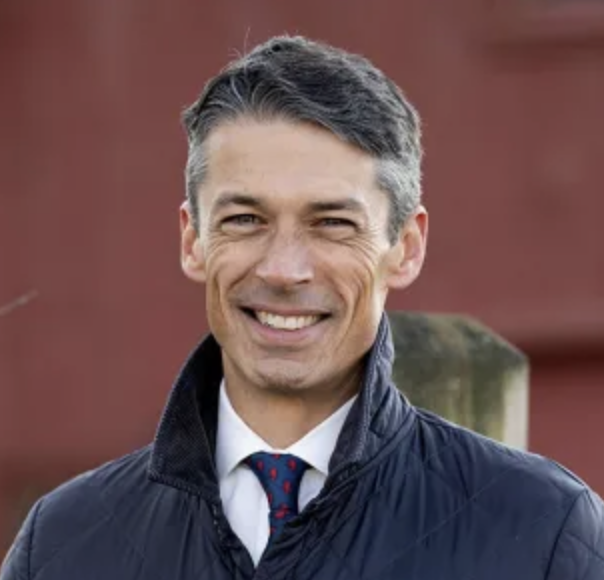
Peter Becker is the head of school at The Taft School in Connecticut. Educated at the University of Virginia and Yale, Becker taught at The Lawrenceville School before being appointed head of school at The Frederick Gunn School.
-

Talbot Brewer is a professor of philosophy at the University of Virginia and a faculty fellow at the Institute for Advanced Studies in Culture. His most recent book, The Retrieval of Ethics, was published by Oxford University Press.
-

Abir Catovic left behind a career as a computer engineer to found an Islamic school. As a teacher for more than thirty years, she is a pioneer of Islamic education in the United States who has served in various capacities in school administration and curriculum development.
-

Matthew Clemente is a research fellow in the Center for Psychological Humanities and Ethics at Boston College, where he teaches philosophy and theology. He also runs philosophically oriented continuing education courses for clinicians.
-

Matthew B. Crawford studied physics at the University of California, Santa Barbara, and then turned to political philosophy, earning a PhD from the University of Chicago. He has published articles on ancient Greek philosophy, neuroscience, and the philosophy of science. He is the author of Why We Drive: Toward a Philosophy of the Open Road, The World Beyond Your Head: On Becoming an Individual in an Age of Distraction, and Shop Class as Soulcraft: An Inquiry Into the Value of Work, a New York Times bestseller that has been translated into seven languages.
-

Ted M. Cross is the executive director of university affairs at Arizona State University. His work centers on advancing ASU’s ninth design aspiration: “Practice Principled Innovation.” He collaborates with university leaders to embed practices that draw on values, character, and civic and intellectual assets to drive human flourishing at ASU and beyond.
-

Michael M. Crow has been the president of Arizona State University since 2002. Credited with creating the New American University model, Crow is an educator, knowledge enterprise architect, science and technology policy scholar, and higher education leader. He is the coauthor of Designing the New American University.
-
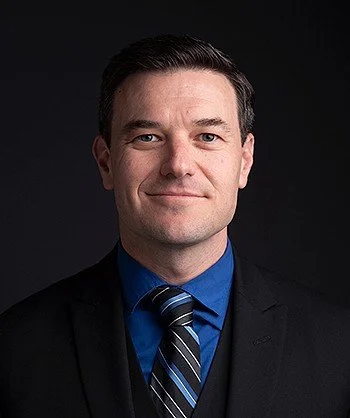
David M. Goodman is the dean of the Woods College of Advancing Studies at Boston College. He is the director of the Center of Psychological Humanities and Ethics and the president of the Society for Theoretical and Philosophical Psychology of the American Psychological Association.
-
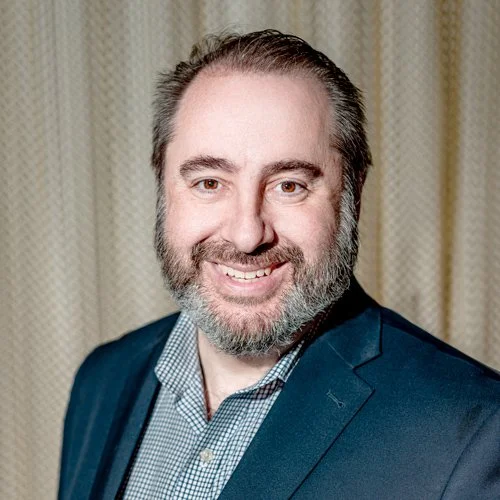
Mark Gottlieb is the chief education officer of the Tikvah Fund in New York City and the founding dean of the Tikvah Scholars Program. Previously, Gottlieb, who has a PhD from the University of Chicago, served as the head of school at Yeshiva University High School for Boys in New York City and as the principal of the Maimonides School in Brookline, Massachusetts.
-
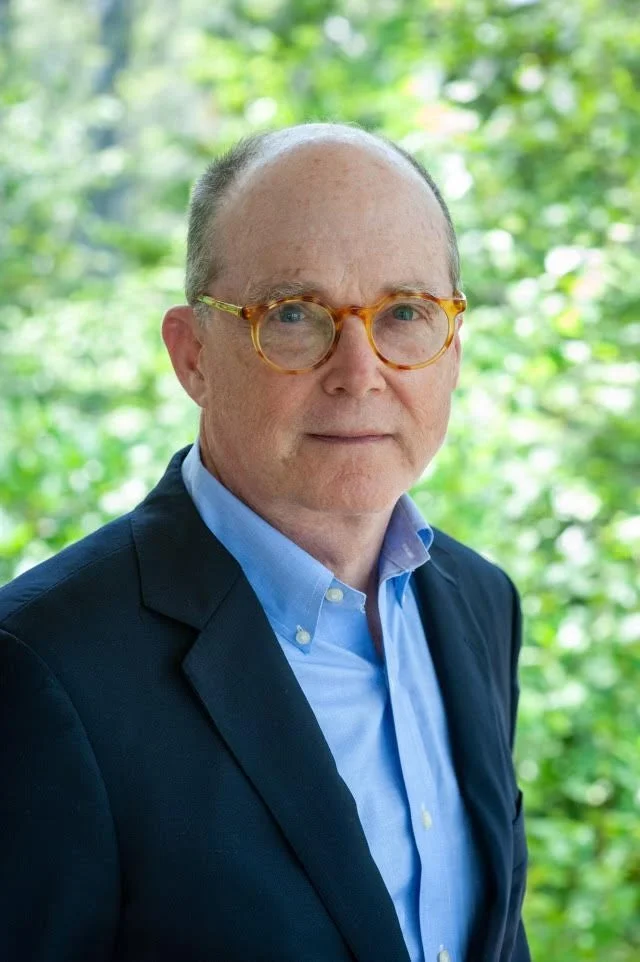
James Davison Hunter is the executive director of the Institute for Advanced Studies in Culture and the LaBrosse-Levinson Distinguished Professor of Religion, Culture, and Social Theory at the University of Virginia. His many books include Science and the Good: The Tragic Quest for the Foundations of Morality (with Paul Nedelisky), Culture Wars: The Struggle to Define America, The Death of Character: Moral Education Without Good or Evil, and Democracy and Solidarity: On the Cultural Roots of America’s Political Crisis.
-

Eranda Jayawickreme is the Harold W. Tribble Professor of Psychology at Wake Forest University and a senior research fellow in the Program for Leadership and Character. His research focuses on post-traumatic growth, moral personality, wisdom, and well-being.
-
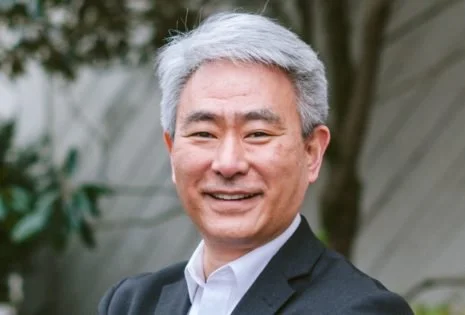
Walter Kim is the president of the National Association of Evangelicals. He previously served as a pastor at Boston’s historic Park Street Church and at churches in Vancouver, Canada, and Charlottesville, Virginia, as well as a campus chaplain at Yale University. Kim received his PhD from Harvard University in Near Eastern languages and civilizations.
-
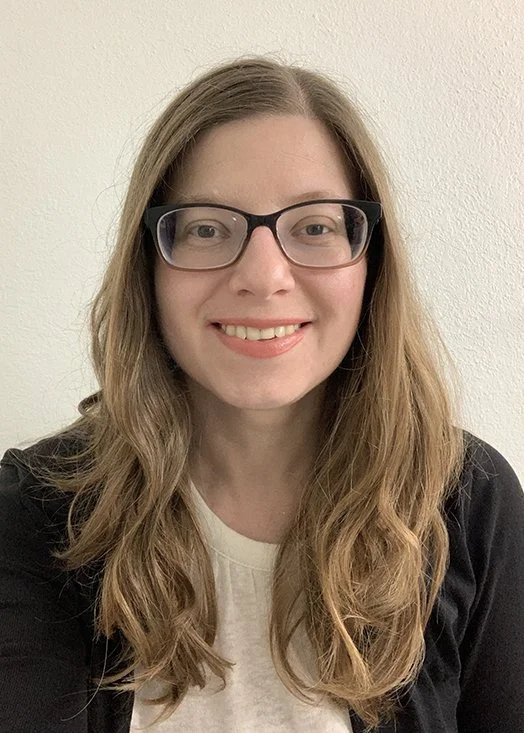
Rita Koganzon is an associate professor in the School of Civic Life and Leadership at the University of North Carolina, Chapel Hill.
-

Kristján Kristjánsson is a professor of character education and virtue ethics in the Jubilee Centre for Character and Virtues. Kristjánsson has published many books and over 150 articles in international journals. He has served numerous fellowships and is the editor of the Journal of Moral Education.
-

Michael Lamb is the F. M. Kirby Foundation Chair of Leadership and Character, the executive director of the Program for Leadership and Character, and an associate professor of interdisciplinary humanities at Wake Forest University.
-
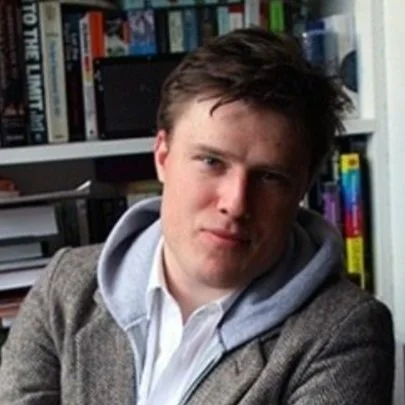
James Mumford is a British writer. A graduate of Oxford and Yale universities, he is a senior fellow at the Institute for Advanced Studies in Culture and the author of Ethics at the Beginning of Life and Vexed: Ethics Beyond Political Tribalism.
-

Yuval Levin is the director of social, cultural, and constitutional studies at the American Enterprise Institute and the Beth and Ravenel Curry Chair in Public Policy. The founder and editor of National Affairs, he served as a member of the White House domestic policy staff under George W. Bush and as the executive director of the President’s Council on Bioethics.
-

Ryan S. Olson is a research professor at the University of Virginia and a senior fellow and co-chair of the Colloquy on Culture and Formation at the Institute for Advanced Studies in Culture. He is the author of Tragedy, Authority, and Trickery: The Poetics of Embedded Letters in Josephus and coeditor of The Content of Their Character: Inquiries Into the Varieties of Moral Formation.
-
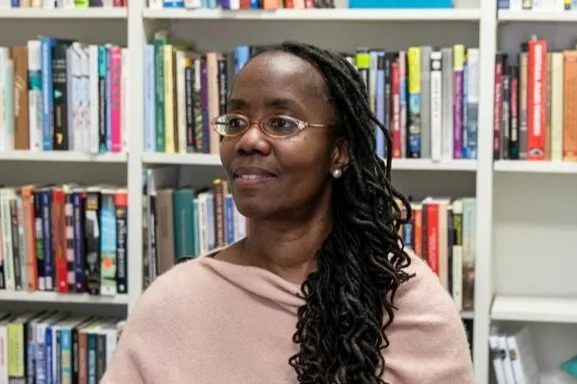
Angel Adams Parham is an associate professor of sociology at the University of Virginia and a senior fellow at the Institute for Advanced Studies in Culture. She is the author of American Routes: Racial Palimpsests and the Transformation of Race and coauthor of The Black Intellectual Tradition: Reading Freedom in Classical Literature.
-
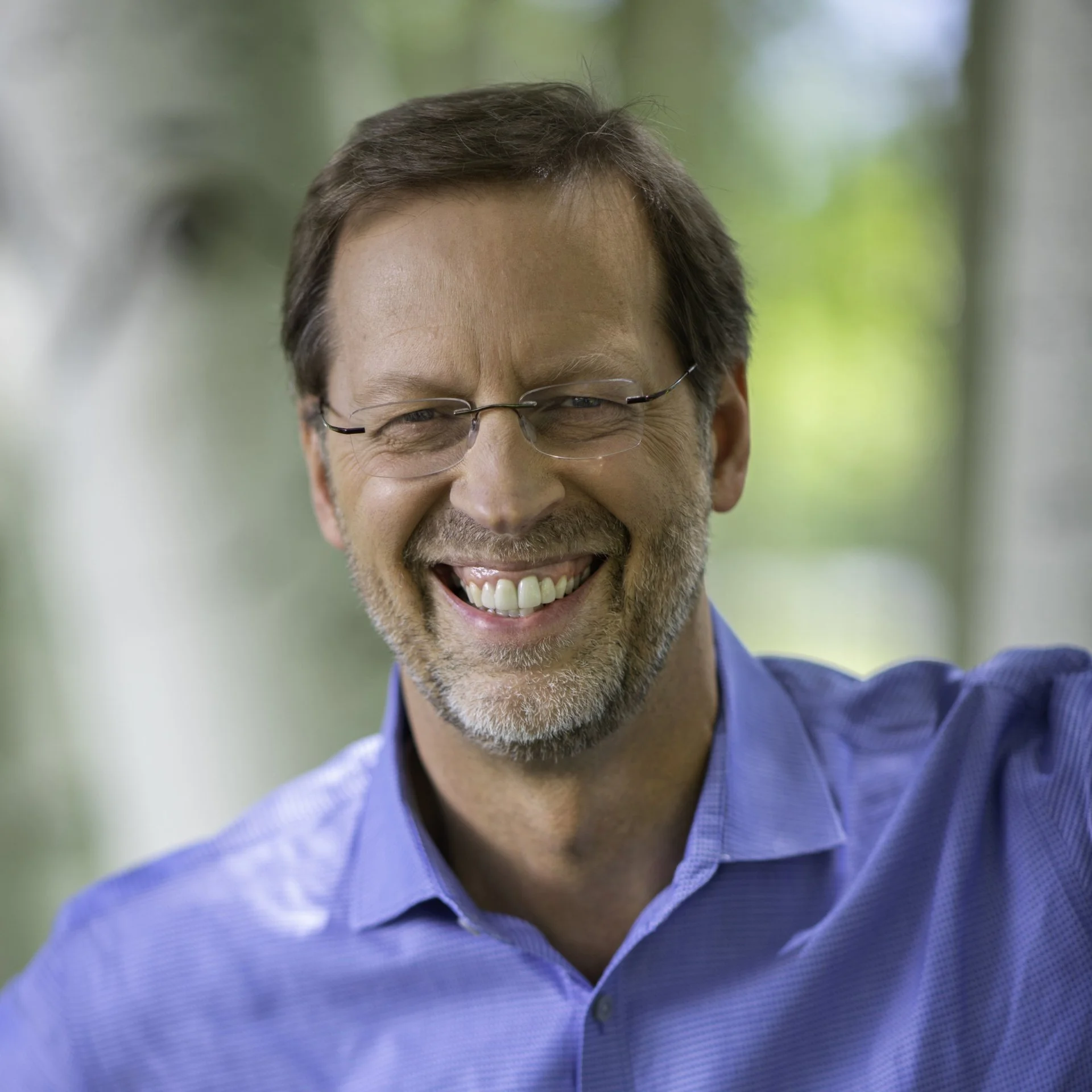
Daniel R. Porterfield is the president and CEO of the Aspen Institute. Porterfield was previously the president of Franklin and Marshall College, a senior vice president and English professor at Georgetown University, and a senior public affairs official in the US Department of Health and Human Services.
-

James C. Rahn serves as the president of the Kern Family Foundation. Since 2008, he has provided leadership to the foundation’s mission to build the future through values, education, and innovation. He is a social entrepreneur who has cofounded two education reform nonprofits.
-

Jeffrey Rosen is the president and CEO of the National Constitution Center and a contributing editor to the Atlantic. His new book from Simon and Schuster is The Pursuit of Happiness: How Classical Writers on Virtue Inspired the Lives of the Founders and Defined America.
-

Andreas Schleicher is the director for education and skills at the Organization for Economic Cooperation and Development in Paris. A German citizen, Schleicher was originally trained in physics, mathematics, and statistics.
-

Felicia Wu Song is a cultural sociologist of media and digital technologies. With almost twenty years’ experience in academia, she served as a professor of sociology at Westmont College and taught mass communication at Louisiana State University. Her publications include Virtual Communities: Bowling Alone, Online Together and articles in such scholarly journals as Gender and Society and Information, Communication and Society.
-
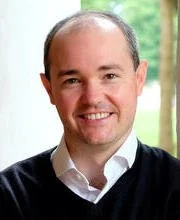
Jonathan D. Teubner is a faculty member at the Human Flourishing Program in Harvard’s Institute for Quantitative Social Science. Teubner received his PhD from Cambridge University in theology and is the author of Prayer After Augustine: A Study in the Development of the Latin Tradition.
-
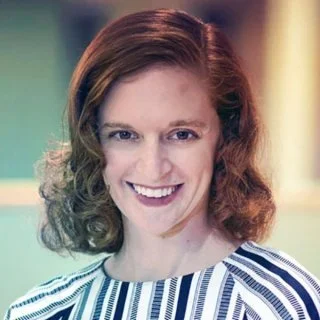
Rachel L. Wahl is an associate professor in the Social Foundations Program in the Department of Leadership, Foundations, and Policy at the Curry School of Education at the University of Virginia. A faculty fellow of the Institute for Advanced Studies in Culture, Wahl is the author of Just Violence: Torture and Human Rights in the Eyes of the Police.
-
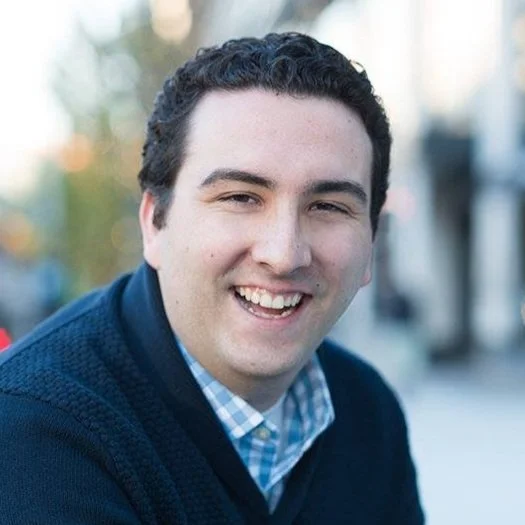
Michael Wear is the founder, president, and CEO of the Center for Christianity and Public Life, a nonpartisan nonprofit that contends for the credibility of Christian resources in public life for the public good. A veteran of the Obama administration, Wear just published The Spirit of Our Politics: Spiritual Formation and the Renovation of Public Life.